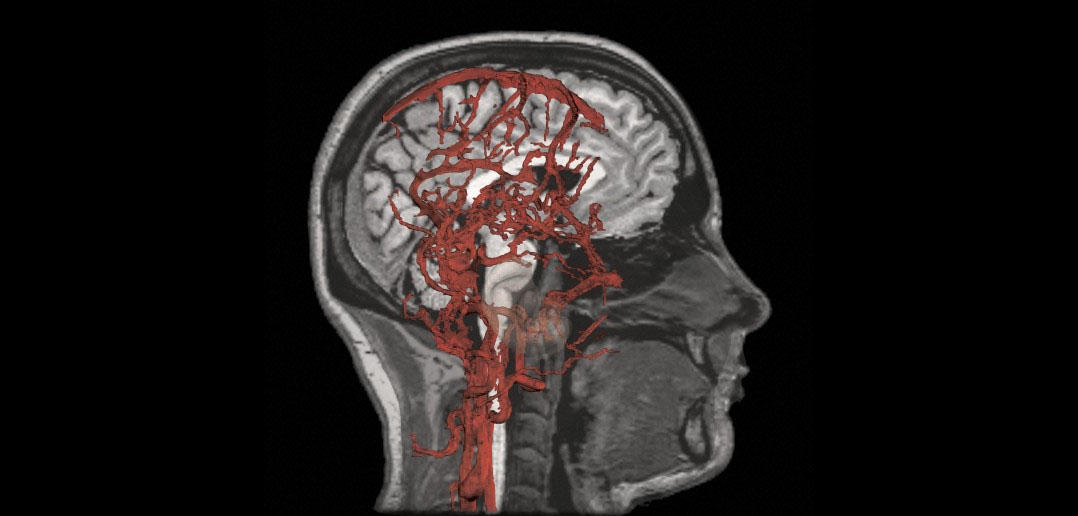Fitness
High blood pressure and stiff arteries linked to cognitive issues in adolescents, study finds

A recent study published in Physiological Reports reveals that adolescents with high blood pressure and stiff arteries tend to have poorer cognitive functions. Specifically, young people with elevated blood pressure performed worse in attention and learning tasks, while those with stiffer arteries exhibited weaker working memory. This finding sheds light on an important, yet often overlooked, aspect of adolescent health.
While previous studies have demonstrated a link between arterial health and cognitive decline in adults, little was known about how these factors interact during adolescence—a critical period for brain development. The team aimed to explore whether physical activity or sedentary behavior could influence these associations and if there were any differences between boys and girls.
The study utilized data from the Physical Activity and Nutrition in Children (PANIC) study, a long-term research project conducted in Kuopio, Finland. The PANIC study originally invited 736 children aged 6-9 to participate, with 512 children joining the initial baseline examinations. After eight years, the researchers had follow-up data for 277 adolescents. For this particular study, they focused on 116 adolescents (71 boys and 45 girls) who had complete data on arterial health, cognitive function, and physical activity.
The researchers measured arterial stiffness using a device that calculates pulse wave velocity, the speed at which blood pressure pulses travel through the arteries. Higher speeds indicate stiffer arteries. They also measured the thickness of the carotid artery walls and blood pressure levels. Cognitive function was assessed using the CogState test battery, which evaluates various mental abilities such as attention, memory, and learning.
Physical activity and sedentary time were measured using a combined heart rate and movement sensor, which participants wore continuously for at least four days. This sensor provided detailed data on how much time each participant spent in different levels of physical activity, from light to vigorous, as well as their overall sedentary time.
The study found several key associations between arterial health and cognitive function. Adolescents with higher systolic blood pressure— the pressure in blood vessels when the heart beats—tended to have poorer overall cognitive function. This finding remained consistent even after accounting for factors like age, sex, parental education, body fat percentage, and pubertal status. Specifically, higher blood pressure was linked to worse performance in tasks that measured attention and learning.
Arterial stiffness, indicated by higher pulse wave velocity, was associated with weaker working memory. Interestingly, this association varied between boys and girls. For boys, higher arterial stiffness was related to better attention and working memory, while for girls, it was linked to poorer working memory. This difference highlights the importance of considering sex-specific factors in health research.
The researchers also looked into whether physical activity or sedentary behavior influenced these associations. They found that neither physical activity nor sedentary time significantly altered the relationship between arterial health and cognitive function. This suggests that the direct impact of arterial health on cognitive abilities may be more important than previously thought.
While the study used robust methods to measure arterial health and cognitive function, it did not directly measure brain structures or functions. Thus, the exact mechanisms linking arterial health to cognitive performance remain speculative. The researchers hypothesize that high blood pressure and arterial stiffness could impair cerebral blood flow or damage small blood vessels in the brain, but further studies are needed to confirm this.
“Our findings underscore the importance of preventing high blood pressure and arterial stiffening to promote cognitive and brain health in young people. However, we did observe some contradictory associations,” said doctoral researcher Petri Jalanko from the Faculty of Sport and Health Sciences at the University of Jyväskylä.
“The study provides insight into how blood pressure and arterial stiffness are linked to cognitive function. However, to establish a definitive cause-and-effect relationship between arterial health and brain health, and to determine whether increasing physical activity or reducing sedentary time can mitigate the negative effects of poor arterial health on cognition, further randomized controlled trials with appropriate control groups and advanced brain imaging techniques are necessary.”
The study, “Association between arterial health and cognition in adolescents: The PANIC study,” was authored by Petri Jalanko, Bert Bond, Jari A. Laukkanen, Soren Brage, Ulf Ekelund, Tomi Laitinen, Sara Määttä, Mika Kähönen, Eero A. Haapala, and Timo A. Lakka.


)






